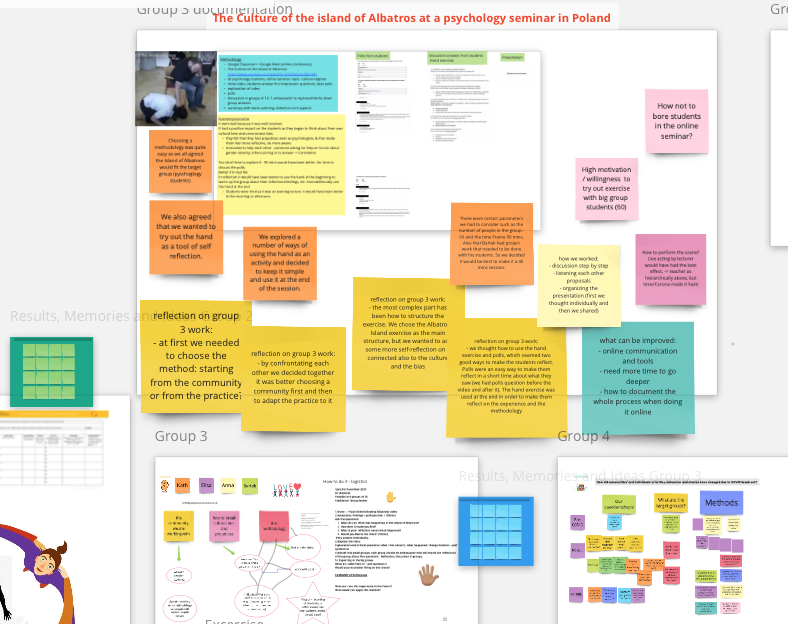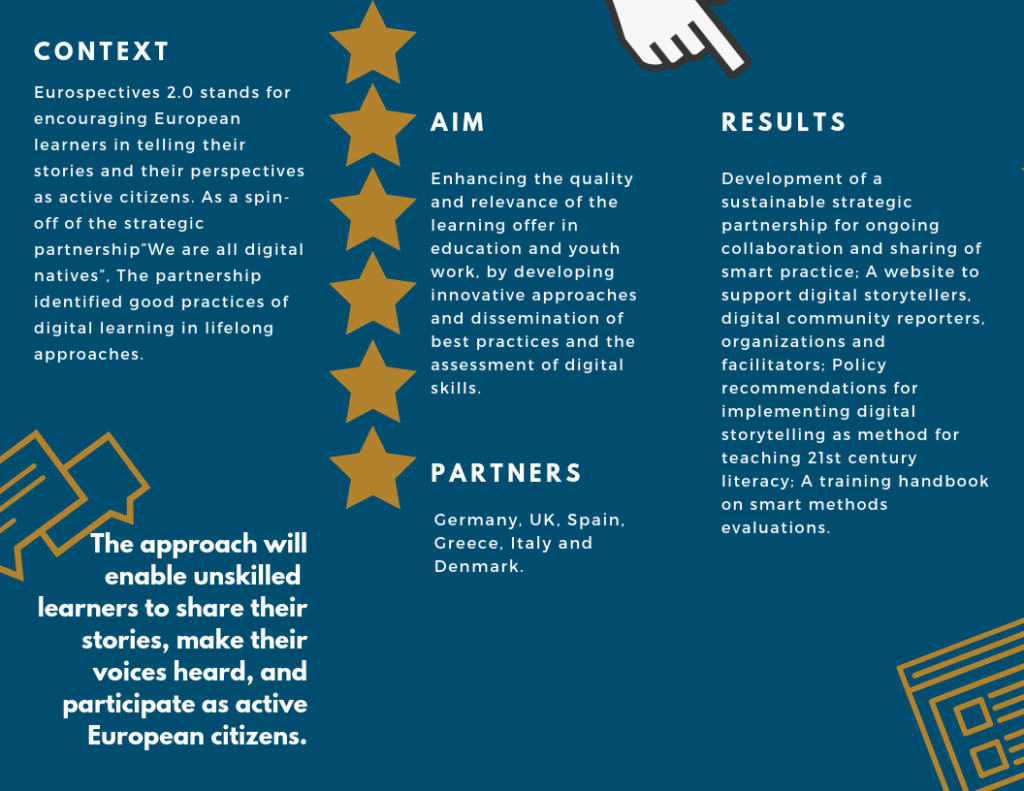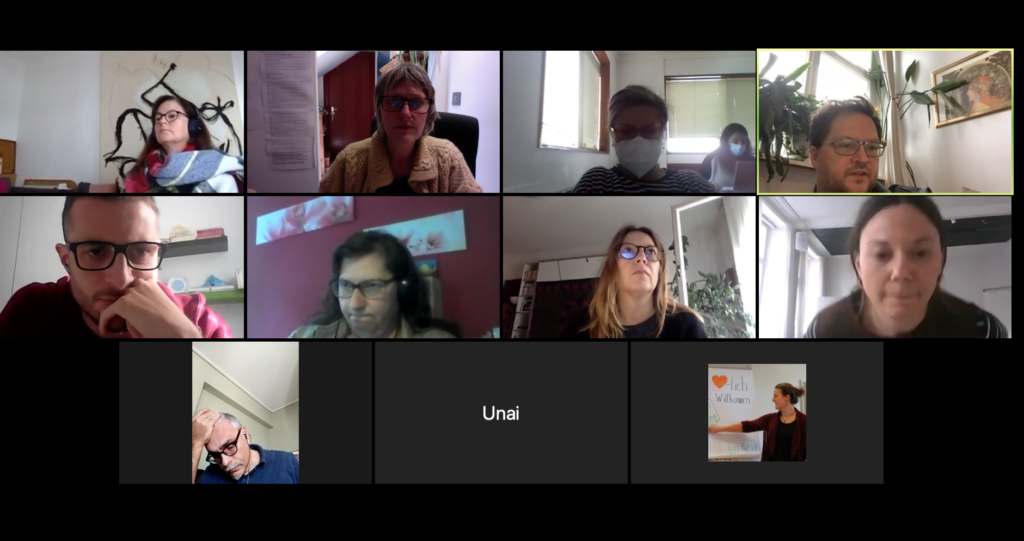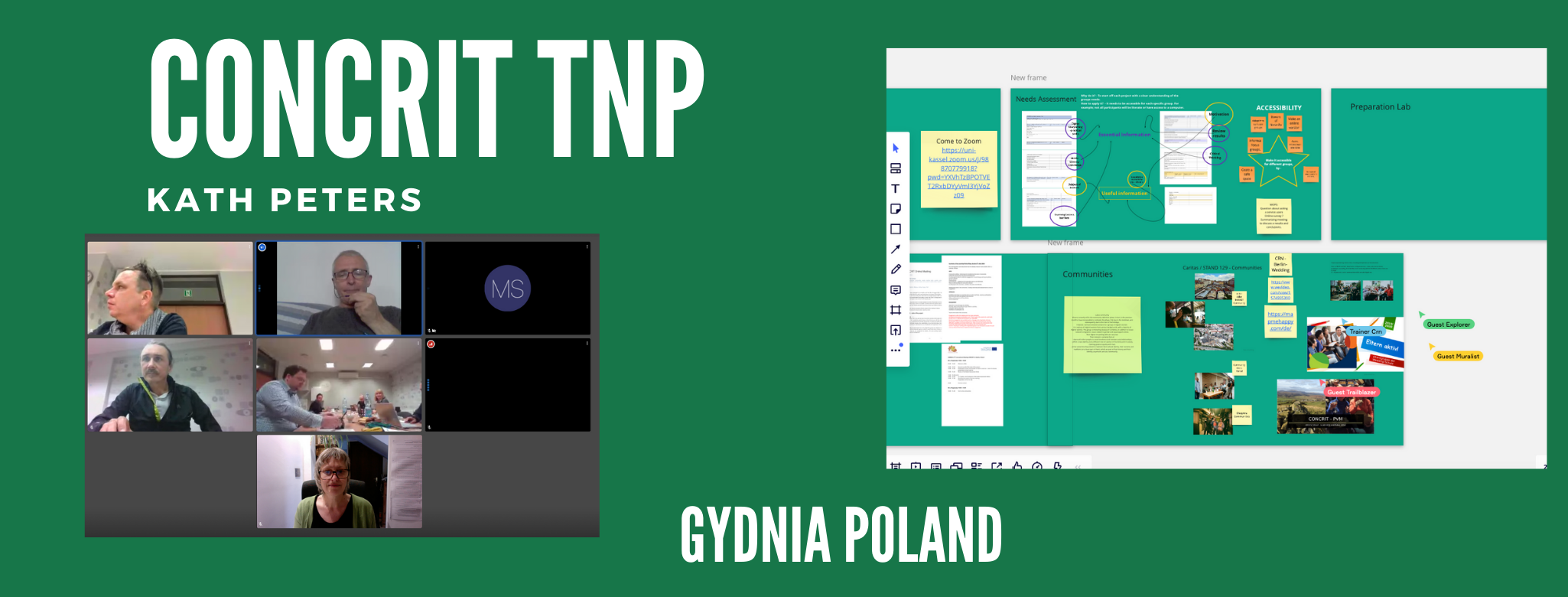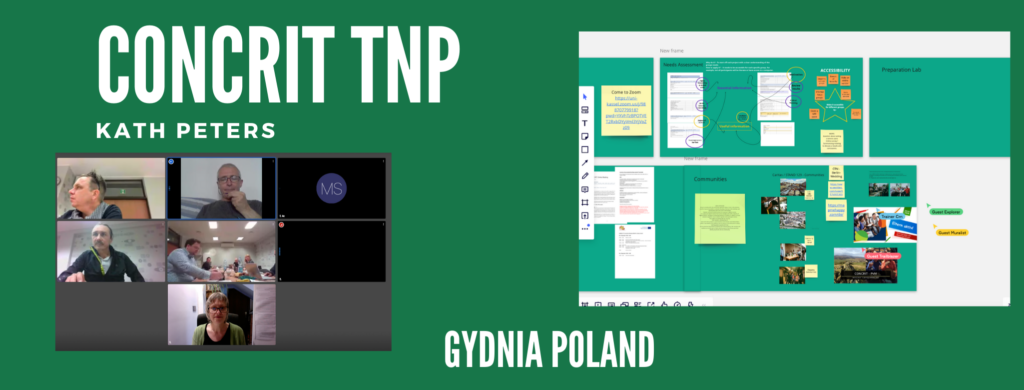ICR 2021 WORKSHOP CALL OUT
We are looking for people to run local workshops to explore the ‘Future Of Lived Experience Storytelling’.
APPLY NOW



We want to commission 5 workshops that explore the topic of ‘The Future of Lived Experience Storytelling’ with different groups of people to be part of the 3rd annual Institute of Community Reporters (ICR) Conference on the 2ndJune 2021.
At the conference, we want to open-up a conversation about the future of lived experience storytelling and explore things such as:
- the role of lived experience in achieving social justice
- how we and other organisations can work better with stories and the people who share them
- the types of spaces that are secure enough for authentic storytelling to take place.
Your workshop should respond to the above – or some of the above – in some way and contribute to this conversation.
The content, location, style, who the workshop is for and pretty much the whole shape of the workshop is up to you, as long as it is in-keeping with the overall topic of the conference.
Key Details
- Your workshop should take place between 11:30am and 3:30pm on the 2ndJune 2021.
- Your workshop should be at least 1 hour long.
- The workshop leader needs to be available between 3:45pm and 5:00pm to join an online livestream to share with the world the key ideas/discussions that took place in the workshop.
- Your workshop should create an equitable space for people to be a part of the conference’s conversation.
- Your workshop should ideally – and where safe – take place offline in a specific geographical location (this is not essential and back-up plans should be made in case it needs to move online).
- The fee for each workshop is £250.00 upon receipt of an invoice.
- Each workshop leader should send a little bit of feedback post-workshop to us (i.e.; who attended, what was discussed/learned, what worked well and what didn’t).
To apply to deliver a workshop, please use this online form
https://docs.google.com/forms/d/1rKlApPkA0tN0L5MTdf7ah3IggPTCe4yb8o_Pi6riGgQ/edit to tell us about the workshop you would like to run.
The form asks for:
- Contact details of the organiser and social media details (if any)
- A short outline of your workshop and what topics you will be exploring
- Where it will be held
- Who the workshop is for
- How you will ensure the space is inclusive and welcoming
- A short back-up plan in case COVID-19 means the workshop has to go online
- A short statement about how your workshop embeds our core values – https://peoplesvoicemedia.co.uk/about/
The deadline for applications is 5pm on Monday 3rd May 2021. We will contact all applicants to let them know about our decisions by Friday 7th May 2021. For further information contact Kath at kath@peoplesvoicemedia.co.uk #ICRCon2021



